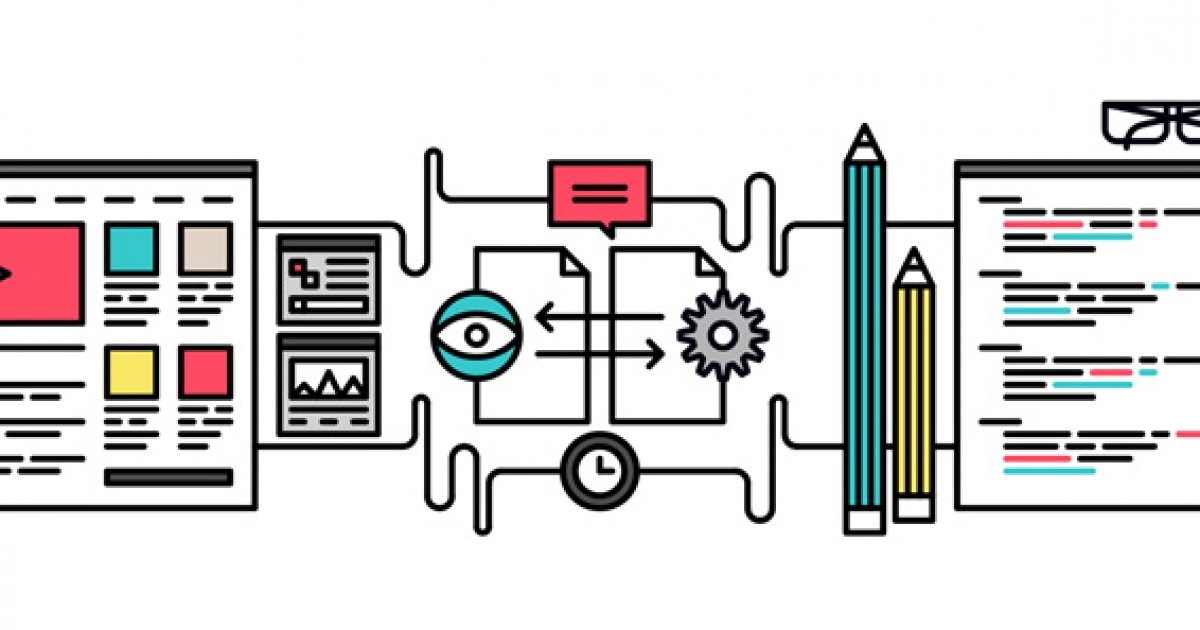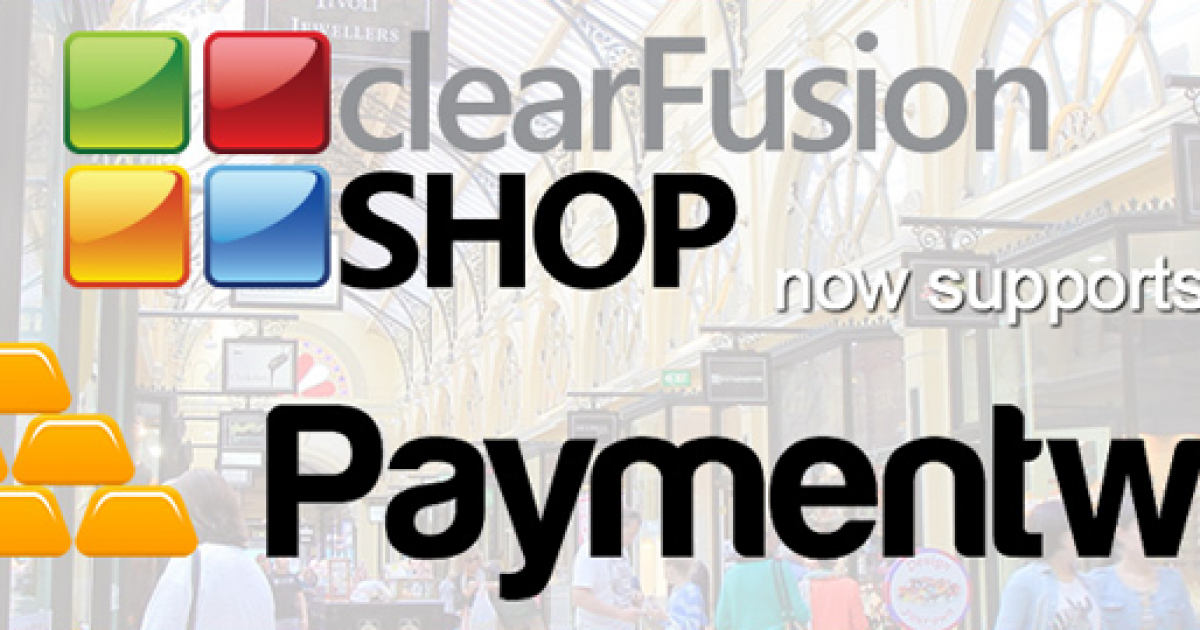DIY Website Tools

25 Nov 2020
Once upon a time clients used to have to rely on their web designers for the upkeep of their website and its content management. These days there are a variety of tools available to make the whole process of developing your website a lot easier.
While we love building your website, we know many of you like to have a tinker yourself. So here are our recommended tools to help you along the way,
CMS - Content Management System
The right CMS will give you the freedom to manage your website publishing. Some of the more basic features a CMS should give you are: sharing templates between sections, able to set publishing dates, decide what you want published or not, and sharing resources around the website.
- clearFusionCMS - a highly optimized solution for content management. clearFusionCMS loads only what it needs as it needs it, giving a very small footprint and optimal performance.
- MODx - has a global network of MODX professionals and support team.
- Drupal - has a large community of users and developers who provide active community support. Drupal allows 3rd party contributed modules and themes.
- Grav - a modern open source flat-file CMS. Grav is packed with features and tools, coupled with heaps of detailed documentation.
- Wordpress - is blogging software which has morphed into a CMS. It has many 3rd party addons, but care should be taken when deciding which addons to use.
Framework
Frameworks make constructing the layout for your website & define the global design of the website. Instead of being a pro at HTML/CSS coding, it lets you use the framework already there by calling in already written code.
- fusionCSS - a responsive, lightweight HTML, CSS, and JS framework in Material Design.
- Bootstrap - builds responsive, mobile-first projects with an open source toolkit for developing with HTML, CSS, and JS.
- Foundation - responsive front-end frameworks that make it easy to design beautiful responsive websites, apps and emails.
- Bulma - a free, open source CSS framework based on Flexbox.
- Materialize - responsive front-end framework based on Material Design.
Image Editing
The web is very visual now, and it’s important to have visuals on your website looking their best. Blurry graphics, images that have been stretched or contorted make your website look shabby. It’s important to have access to image editing software.
- Photoshop - edit and enhance photos, illustrations, and 3D artwork. Edit videos and design websites.
- Gimp - free software, GIMP provides you with sophisticated tools needed for high quality image manipulation.
- Canva - quickly filter, resize or edit your photos for free. Canva has simple, straightforward tools, no complicated tools or confusing UI.
- Inkscape - a professional vector graphics editor used by design professionals and hobbyists for creating a wide variety of graphics.
- Affinity - built from the ground up with the workflow of creative professionals in mind.
Social Media Management
Now is the time you have to start working your website, and social media management is an important facet of your marketing campaign. There are so many social networks, you need management software to keep them organized.
- Buffer - makes it easy for businesses and marketing teams to schedule posts, analyse performance, and manage all their accounts in one place.
- TweetDeck - a social media dashboard application for management of Twitter accounts. Twitter lets you view multiple timelines in one easy interface.
- Hootsuite - supports social network integrations for scheduling, managing, and reporting on most social media platforms.
- Sociality - a social media management platform for agencies and brands.
- Sprout - integrates with social platforms and networks that matter to your business.
Web Producer, Creative Director, Content Creator & Distributor at clearFusion Digital, & specializes in helping businesses plan & grow their website.





